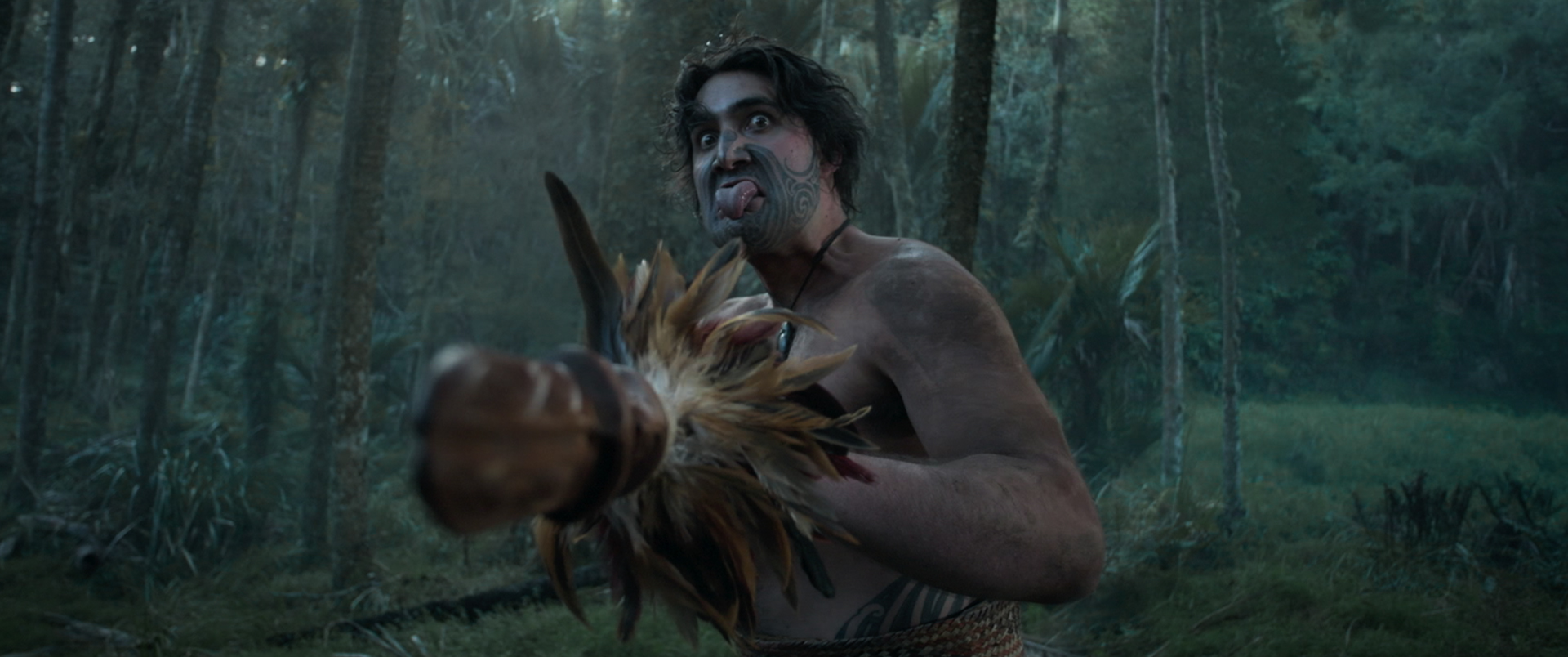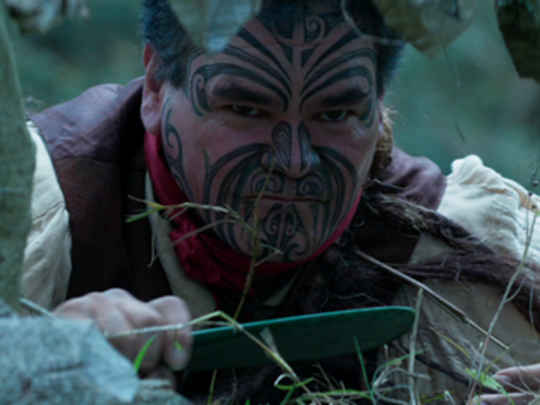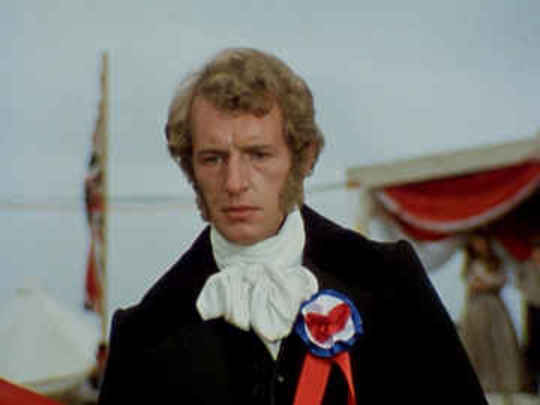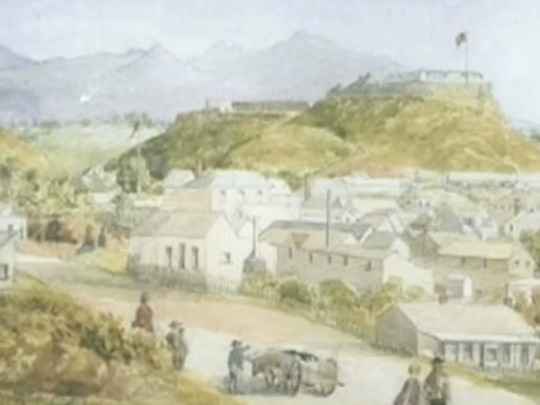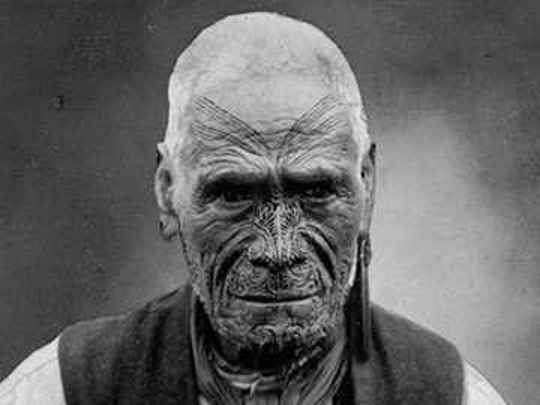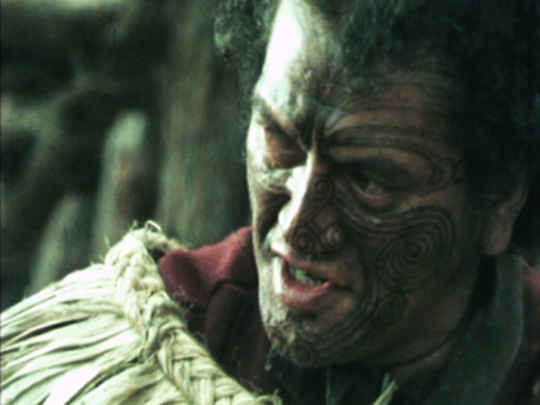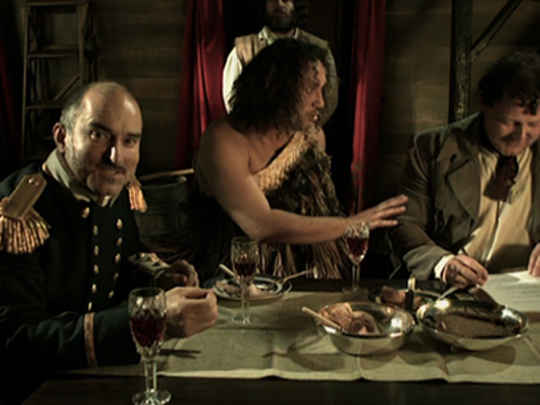The Wairau really, was the beginning of the end for Ngāti Toa. The capture of Te Rauparaha, the exile of Te Rangihaeata, it left Ngāti Toa devoid of our traditional leadership at t time when we needed it most.
– Ngāti Toa Rangatira Miria Pomare on the legacy of the conflict at Wairau, late in this documentary
In a Māori cultural context and especially in the times of my ancestors, it would have been better to be killed and eaten then to be made what we call a herehere or a prisoner. There was nothing more degrading than to live a subservient life under another person. You would be better off dying.
– Ngāti Toa historian Kahu Ropata on the mindset of his ancestors during the 1843 Wairau conflict
There's this idea that it was a happy little settlement. It wasn't, and instead of finding this wonderful place that they can start a new life that was different to the life they faced in England, they faced hardship, in some cases close to starvation, and almost a dream that hadn't even come close to coming true.
– Ngāti Toa rangatira and academic Lloyd Carpenter describes conditions for the first European settlers in Whakatū (Nelson), early in this documentary
It's described as a bloodthirsty, savage, barbaric massacre of law-abiding settlers.
– Historian Vincent O'Malley on the colonial narrative built up around the 1843 Wairau conflict
I mean first of all the Wakefields were a bunch of fraudsters. They'd 'sold' land which they didn't own, in London or in England. And then all these people came out and theyre looking for their land, and they didn't have the land.
– Ngāti Toa Rangatira Matiu Rei on the business activities of the Wakefield brothers in the early 1840s
The New Zealand Company regarded the treaty as an annoying encumbrance at best, and something to be ignored. They were selling land for example in the Hutt Valley, that they didn't own...got here and hurriedly came up with deals with Ngāti Toa, with Te Ati Awa and other Wellington iwi, that supposedly gained them the right to settle. They did the same with Whakatū [Nelson] and that is still murky.
– Ngāti Toa rangatira and academic Lloyd Carpenter on the New Zealand Company's hunger for land
